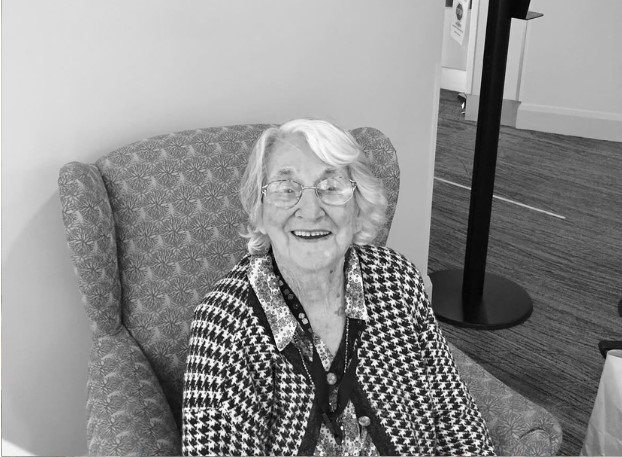Caring for yourself during the holiday season
- 28 Dec 2023

The Christmas and New Year holiday season is a time of joy and celebration, but it can also be stressful and overwhelming. It’s important to take care of yourself during this time to ensure that you can enjoy all the fun on offer without feeling burnt out. Here are some handy tips on how to care for yourself at Christmas:
Set boundaries: It’s important to know your limits and to communicate these to others. Don’t feel pressured to attend every event or to take on more than you can handle. Learn to say ‘No thank you’ when you need to.
Take breaks: Make sure to take some time for yourself. That might be a quiet walk outside, a relaxing bath or a good book. The key is to find something that helps you unwind and recharge.
Get enough sleep: A good sleep routine is essential for your physical and mental wellbeing. Try to maintain a regular sleep schedule and aim for at least seven hours of sleep each night.
Stay active: Exercise is a great way to reduce stress and boost your mood. Even a short walk around the block can make a big difference. Remember to ‘slip on a shirt, slop on sunscreen and slap on a hat’ to protect yourself from the sun while out and about.
Eat well: The Christmas/New Year period is full of tempting treats but it’s important to maintain a balanced diet. Try to eat plenty of fruit and vegetables and limit your intake of sugar and alcohol.
Connect with others: Spending time with loved ones can be a source of great comfort and joy during this time of year. Reach out to friends and family and don’t be afraid to ask for help if you need it. Volunteering can also be a wonderful way to boost your mood and spread some holiday cheer.
Practice gratitude: Take some time each day to reflect on the things you are grateful for. This can help you stay positive and focused on the good things in your life, instead of worrying about what’s missing.
Take care of your mental health: The holiday season can be a challenging time for anyone struggling with mental health issues. Make sure to prioritise your mental wellbeing by seeking support from your GP, therapist or counsellor if needed. You can also connect with support services such as Beyond Blue, SANE Australia or Lifeline.
Remember, the holiday season is about more than just gifts and parties. While it’s a great time to connect with others and reflect on the past year, it’s also an important time to take care of yourself.
Community news
-

Dressmaker, traveller, Bulldogs fan and volunteer – Thelma turns 100!
Thelma Powell, beloved resident and former volunteer at Westhaven, turned 100 on 9th February 2026 with balloons, party hats, and cake! Surrounded by her family, care team, the local MP, and Mayor, as well as a representative from her beloved footy team, the Bulldogs, it was a day to remember.
- 13 Feb 2026
-

Team Spotlight: Home Start, Mother Goose and Supported Playgroup Team in Bendigo
Baptcare runs the Home-Start, Supported Playgroup, and Parent-Child Mother Goose Programs in Bendigo. Jane, Home-Start Team Leader; Angie, Group Facilitator, Mother Goose Program and Supported Playgroup; and Jess, Group Facilitator, Mother Goose Program and Supported Playgroup, are our wonderful team members, dedicated to helping families and connecting them with strong support within the local Bendigo and Macedon Ranges communities. Keep reading to learn more about these exceptional employees, their work, and why they love what they do.
- 30 Jan 2026
-

Staff Spotlight | Lois Yamuta – Project Lead, Living Well Together
What inspired you to work in aged care and how did you come to lead the ‘Living Well Together’ program? My career in aged care started in New Zealand. I was studying Healthcare Management, where I was also introduced to aged care nursing, and the rest is history!
- 28 Jan 2026
